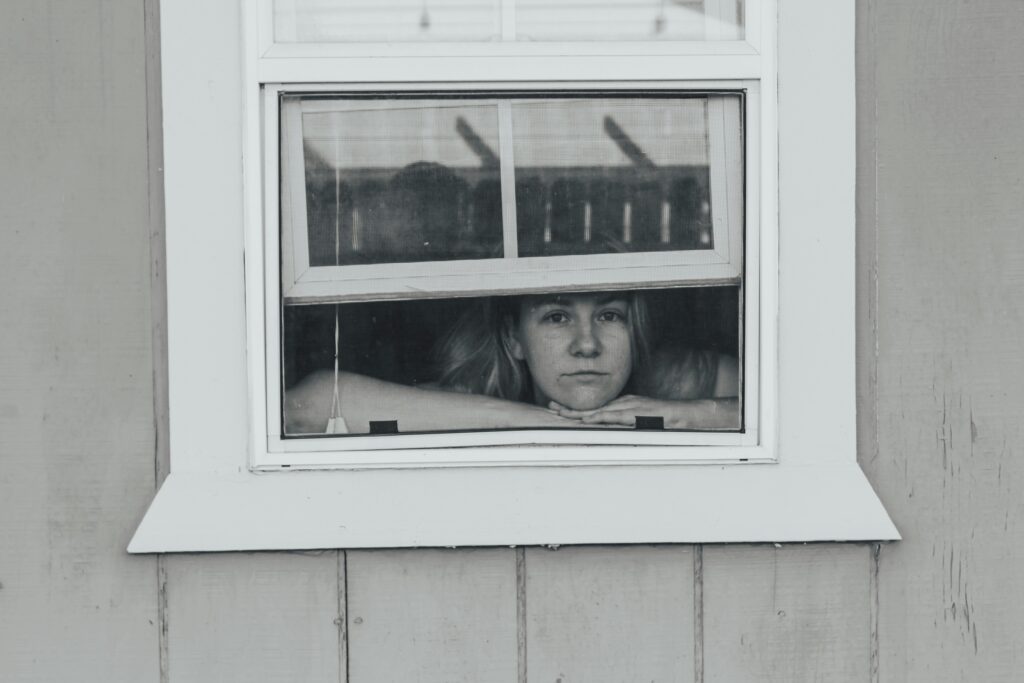You pack your bags, say your goodbyes, and board the plane with excitement. Over the years, you create a life somewhere new, a home abroad.
You pick up the language (at least enough to get by). You fall in love with the food, the landscapes, the people. You grow. You adapt. You learn how to live in a way you never could have imagined before.
And then, one day, maybe after a year, maybe after a decade, you find yourself back in the place you once called “home.”
But something’s different.
You’re different.
You visit your old neighborhood and feel like a guest in your own country. Everything is familiar, yet you can’t quite relax into it. You see yourself reflected in the eyes of people who still expect you to be who you were before you left. Family say your accent has changed. You catch up with old friends but somehow feel like an outsider looking in.
And suddenly, a strange wave washes over you: grief, confusion, disorientation, and guilt for feeling all of it.
The invisible grief no one warned you about
There’s a kind of mourning that doesn’t have a name. It’s not for a person. It’s not for a specific event. It’s for a version of you that no longer fits your home country, and will never fully fit in your home abroad.
You might feel it when you return to your passport country and realize the life you imagined “coming back to” doesn’t exist anymore. You feel it when friends have moved on, when your values no longer align with the culture where you’re from, when conversations feel shallow. You’re suddenly struck by how foreign your home culture feels to you now.
The question: Where do I belong?
For many long-term travellers, expats, digital nomads, and third-culture adults, the question isn’t “Where are you from?” but “Where do I feel most myself?”
Home might not be a place anymore. It might be a feeling. A relationship. A routine. And when those are scattered across continents, it’s easy to feel like you’re constantly straddling two (or more) realities that don’t quite match up.
This can show up as:
A vague sense of loss or restlessness you can’t explain
Feeling disconnected from both your country of origin and your adopted country
Longing for one place while living in another
Trouble answering the question “Where’s home?” without a mini identity crisis
Guilt for not feeling more settled or grateful, even when life is objectively good
You’re not alone
What you’re feeling makes sense. It’s not just (reverse) culture shock. It’s not homesickness in the traditional sense. It’s a complex blend of loss, identity shifts, cultural dissonance, and the slow burn of trying to belong somewhere after belonging everywhere and nowhere for so long.
These feelings are valid, even if no one around you seems to understand them. So many internationals, expats, third-culture adults, digital nomads, and global citizens carry this invisible grief. It’s normal to feel lost when no place feels fully like home. It’s valid to miss something you can’t quite name.
So where is home, now?
Maybe it’s no longer a fixed point. Maybe it’s a collection of places, people, languages, and memories. Maybe home is the smell of your childhood woods and the street vendor you pass each morning. Maybe it’s in the softness of your partner’s voice or the rhythm of your Sunday routine, wherever you happen to be.
Maybe home now lives in you. In the values you carry, the way you care for others, the small rituals you create to make unfamiliar places feel safe.
Finding your way through
This is the part where you learn how to hold your story with compassion. Where you name the grief for what it is. Where you begin to make peace with your in-between-ness.
Some people find clarity by reflecting on their values: what matters most now, not just what mattered when they first left or when they first returned. Others find comfort in connecting with people who understand the nuances of cross-cultural living.
And sometimes, the most healing thing is simply to be heard.
If you’re navigating this kind of inner turbulence and don’t quite know who to talk to about it, you’re not alone. I work with people just like you, internationals living between worlds, trying to make sense of who they are and where they belong.
If you’d like to explore these themes in a supportive space, I invite you to try online counselling with a therapist who has walked this path too.


Pingback: Why Some Expats Thrive on Moving but Long for a Home | Online Counselling